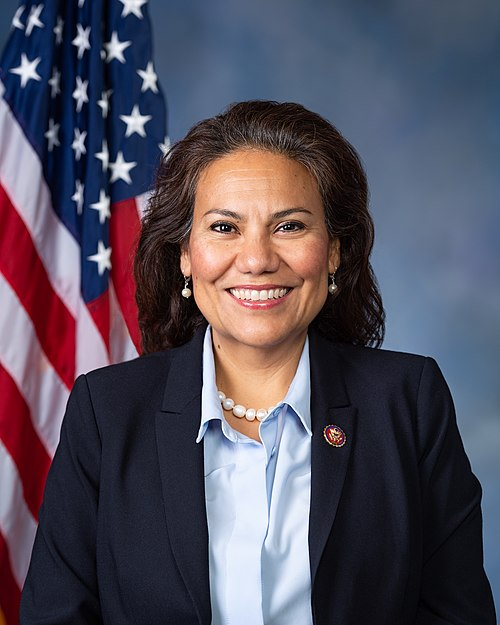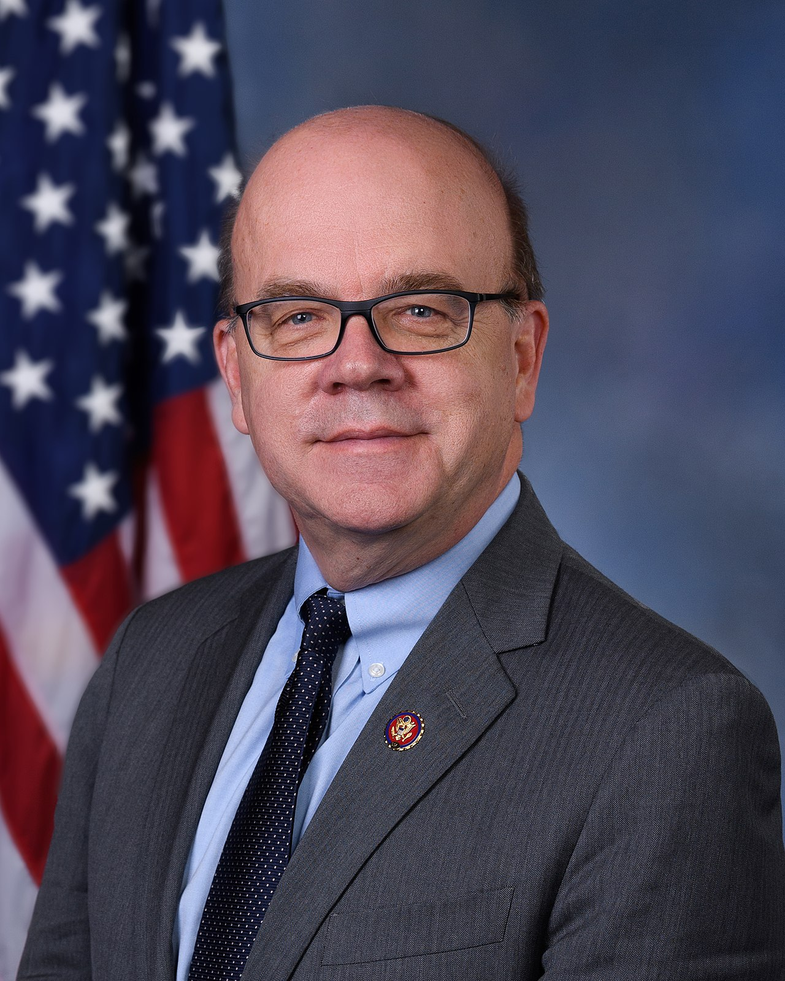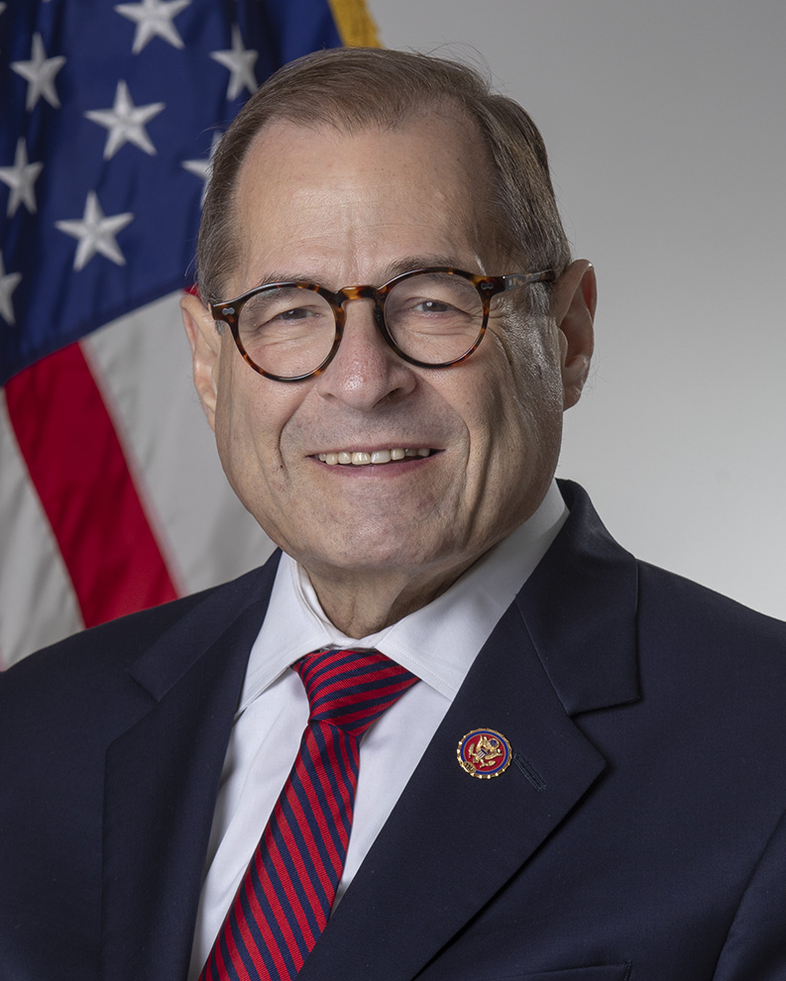H.R. 4757: Pigs and Public Health Act
The Pigs and Public Health Act aims to reform the handling and treatment of nonambulatory pigs in the United States food system. Here is a breakdown of the key components of the bill:
1. Purpose and Findings
The act's purpose is to enhance public health and animal welfare by preventing the use of nonambulatory pigs in the food supply. It identifies several findings, including:
- Humane euthanization of sick pigs reduces suffering, improves working conditions for handlers, and minimizes public health risks.
- Many nonambulatory pigs can carry diseases harmful to humans, contributing to widespread infections and hospitalizations.
- Current practices in handling pigs can lead to needless cruelty and unsafe conditions.
- Existing federal regulations on nonambulatory cattle do not extend to pigs.
2. Definitions
Key definitions in the bill include:
- Covered entity: This includes stockyards, market agencies, packers, dealers, and slaughter facilities.
- Covered individual: Any employee or contractor working for a covered entity.
- Nonambulatory pig: A pig that cannot stand or walk without assistance.
3. Humane Handling Reforms
The bill proposes the following changes to existing regulations:
- Drug Use: The use of certain drugs that can cause nonambulatory conditions, like beta-adrenergic agonists, will be prohibited unless necessary for treating disease.
- Transportation of Pigs: Enhanced requirements for transporting pigs, ensuring comfort and safety, and imposing record-keeping on transporters.
- Slaughter Practices: Nonambulatory pigs must be humanely euthanized and cannot be bought, sold, or processed into food products. Specific regulations around humane treatment and euthanasia methods will be enforced.
- Injury and Disease Handling: Requirements for immediate care and humane euthanasia for injured or diseased pigs.
4. Occupational Safety and Health Standards
The bill directs the Secretary of Labor to create standards for the safe handling of nonambulatory pigs, including training for employees and the use of mechanical lifting aids.
5. Public Health Transparency
The bill establishes an online portal for confidential complaints regarding violations of the act, ensuring whistleblower protections for individuals reporting these violations. The Secretary of Agriculture is tasked with maintaining confidentiality for complainants.
6. Study and Reporting on Public Health Threats
The bill requires a study to assess the public health threats posed by nonambulatory pigs, with an accompanying report due within a year of enactment. This report will focus on various pathogens associated with nonambulatory pigs, including swine influenza and Salmonella.
Relevant Companies
- TSN: Tyson Foods, a major meat supplier, could be affected by regulations on the treatment and processing of pigs, affecting their supply chain and operating procedures.
- PFG: Performance Food Group, which distributes food products may need to adjust their sourcing and compliance practices in light of new regulations regarding nonambulatory pigs.
- SFM: Sprouts Farmers Market may encounter impacts related to sourcing pork products and ensuring compliance with newly established humane treatment laws.
This is an AI-generated summary of the bill text. There may be mistakes.
Sponsors
3 bill sponsors
Actions
2 actions
| Date | Action |
|---|---|
| Jul. 25, 2025 | Introduced in House |
| Jul. 25, 2025 | Referred to the Committee on Agriculture, and in addition to the Committee on Education and Workforce, for a period to be subsequently determined by the Speaker, in each case for consideration of such provisions as fall within the jurisdiction of the committee concerned. |
Corporate Lobbying
0 companies lobbying
None found.
* Note that there can be significant delays in lobbying disclosures, and our data may be incomplete.










